The following instructors and speakers have agreed to contribute their expertise to the success of UW Course:
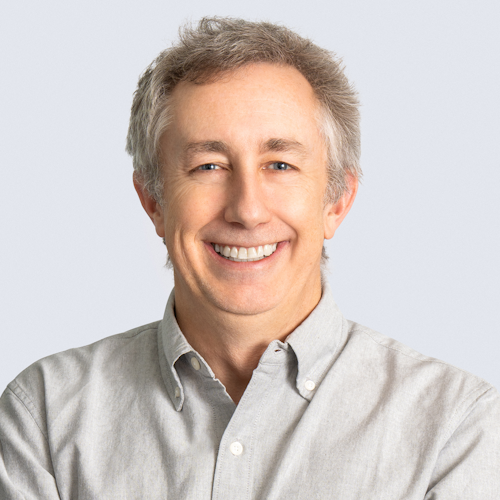 |
Michael J. MacCoss, Ph.D. Mike became interested in biomedical applications of mass spectrometry while working in Dr. Patrick Griffin’s protein mass spectrometry lab at Merck Research Laboratories. He obtained a Ph.D. with Professor Dwight Matthews and pursued a postdoc with Professor John R. Yates III. In 2004 he started the MacCoss lab at the University of Washington and it became obvious that while mass spectrometry data could be collected quickly and robustly, the lack of computational tools for the visualization and analysis of these data was a stumbling block. In 2009 he recruited Brendan MacLean with the goal of developing professional quality software tools for quantitative proteomics. Mike has worked closely with the Skyline development team and our outstanding group of laboratory scientists and collaborators to ensure that our software uses analytical approaches that have been thoroughly vetted by the mass spectrometry community. |
|
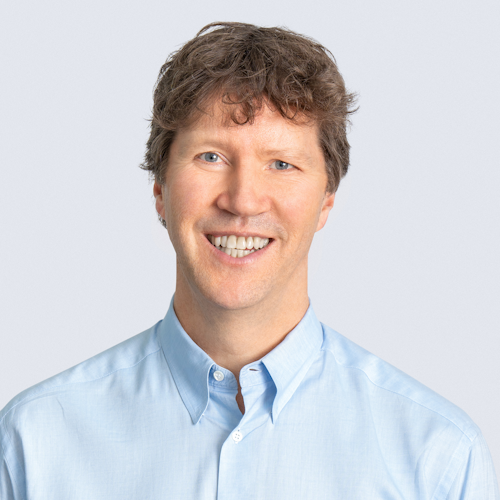 |
Brendan MacLean Brendan worked at Microsoft for 8 years in the 1990s where he was a lead developer and development manager for the Visual C++/Developer Studio Project. Since leaving Microsoft, Brendan has been the Vice President of Engineering for Westside Corporation, Director of Engineering for BEA Systems, Inc., Sr. Software Engineer at the Fred Hutchinson Cancer Research Center, and a founding partner of LakKey Software. In this last position he was one of the key programmers responsible for the Computational Proteomics Analysis System (CPAS), made significant contributions to the development of X!Tandem and the Trans Proteomic Pipeline, and created the LabKey Enterprise Pipeline. Since August, 2008 he has worked as a Sr. Software Engineer within the MacCoss lab and been responsible for all aspects of design, development and support in creating the Skyline Targeted Proteomics Environment and its growing worldwide user community. |
|
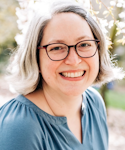 |
Jess Becker, MS, ASCP(MLS)CM Jess is a lead medical laboratory scientist in the Hoofnagle lab at the University of Washington Medical Center. Since joining the lab in 2007, she's been developing and characterizing targeted, quantitative LCMS assays for peptides and small molecules. Prior to this, she worked in industry in process and analytical development. |
|
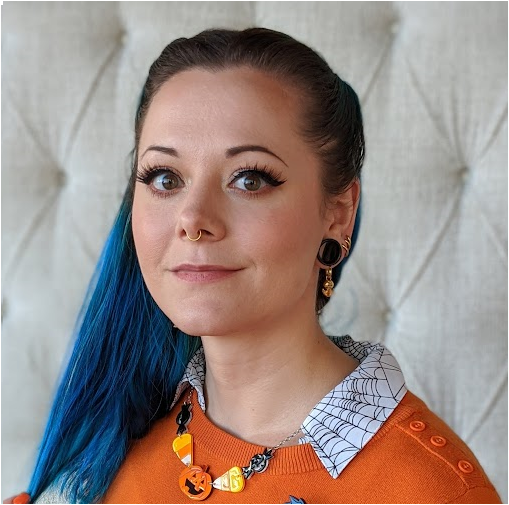 |
Kat Forrest Kat Forrest is a research scientist and graduate student in the Hoofnagle Laboratory at the University of Washington. Prior to joining UW, Kat worked as an analytical chemist at Boston-based synthetic biology company Ginkgo Bioworks, where she helped to develop quantitative methods to support bioengineering projects. In her current role in the Hoofnagle Lab, Kat regularly utilizes Skyline in her efforts to develop mass spectrometry assays for small molecules and proteins. |
|
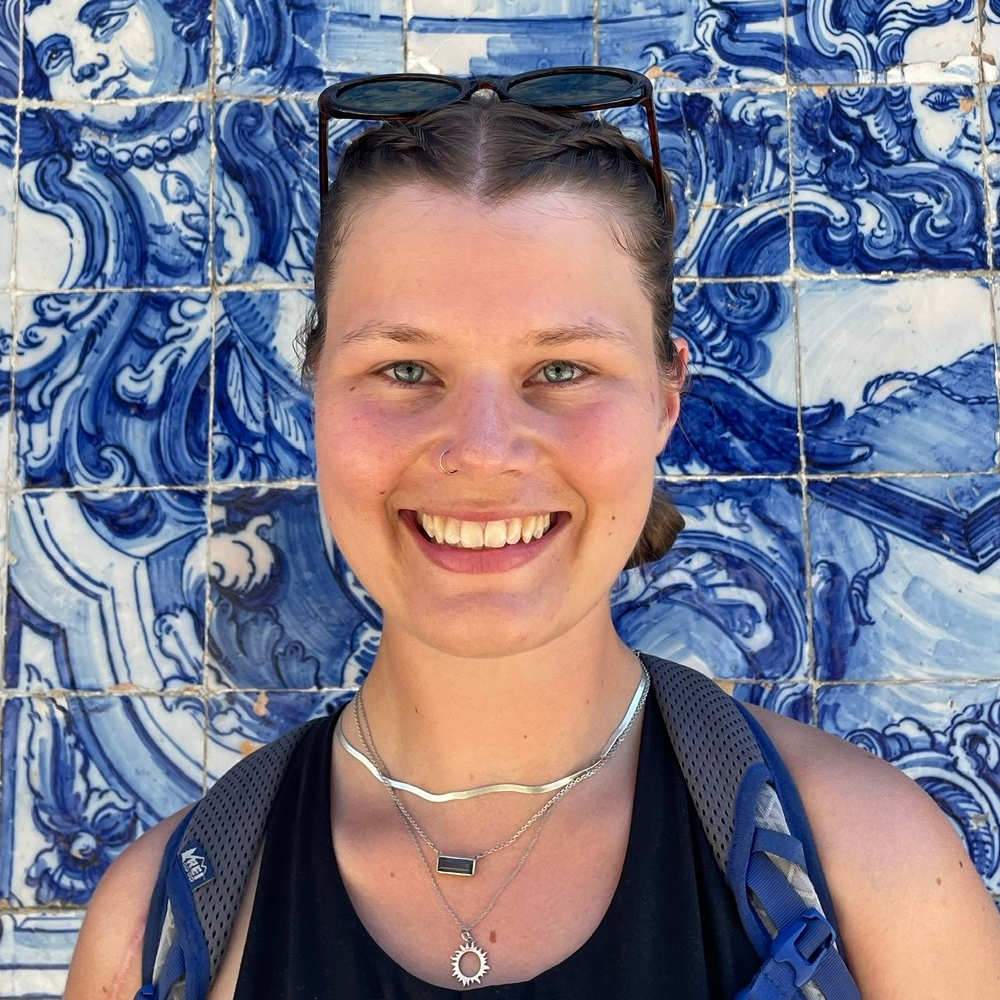 |
Maya Hatten-Beck Maya is a research scientist and Master’s student in the Department of Laboratory Medicine and Pathology at UW. Since joining the Hoofnagle lab in 2022, she has been developing targeted LCMS assays and has gained expertise in assay calibration and quality control. She primarily uses Skyline to analyze peptides and small molecules related to kidney disease, diabetes, and nutrition. |
|
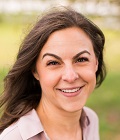 |
Lindsay K. Pino, Ph.D. Lindsay is the co-founder and chief technology officer at Talus Bioscience. With over a decade’s experience in analytical chemistry and computational biology, she works on developing techniques for quantitative proteomics. In particular, at Talus her focus is on the challenges associated with scaling-up quantitative proteomics experiments. She is directly involved in a large variety of research projects spanning cancer, molecular mechanisms of aging, epigenetics, and spatiotemporal proteomics, all built on her foundational skills in quantitative mass spectrometry proteomics. |
|
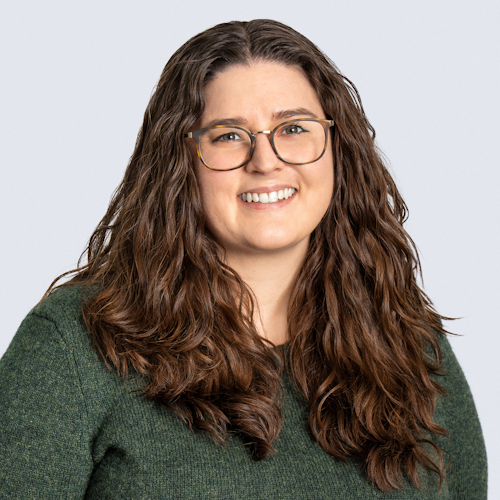 |
Deanna Plubell, Ph.D. Deanna is a recent PhD in the MacCoss lab at the University of Washington. A portion of her research has been the use of data-independent acquisition to aid in peptide selection for targeted assay development. Her other research interests include the use of mass spectrometry techniques for detecting proteolytic cleavage activity and small endogenous polypeptides in neurodegenerative disease. Prior to joining the MacCoss lab, Deanna worked at Oregon Health & Science University where she used both discovery and targeted proteomics methods to investigate changes to adipose tissue and lipoprotein proteomes in cardiovascular and metabolic diseases. |
|
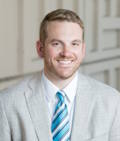 |
Nick Riley, Ph.D. Nick is an assistant professor in the Department of Chemistry at the University of Washington, and his new lab opened in September 2023. Prior to his time in Seattle, Nick was a postdoctoral fellow in chemical glycobiology at Stanford University with 2022 Nobel Laureate in Chemistry, Prof. Carolyn Bertozzi. Before Stanford, Nick earned his PhD from the University of Wisconsin- Madison working on methods to advance electron transfer dissociation technologies with Prof. Josh Coon. The Riley Research Group seeks to understand how cell surface glycosylation shapes dynamic processes governing cancer metastasis using systems glycobiology and mass spectrometry. |
|
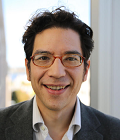 |
Brian Searle, Ph.D. Brian is an Assistant Professor at the Ohio State University Medical Center in the Department of Biomedical Informatics and a member of the Pelotonia Institute for Immuno-Oncology (PIIO). Brian received his chemistry BA at Reed College in 2001. In 2004, he co-founded Proteome Software with Mark Turner and Dr. Ashley McCormack to produce and distribute cutting-edge data analysis software for proteomicists. In 2014, he returned to academia to earn his PhD with Dr. Michael MacCoss at University of Washington, where he developed methods to detect and quantify proteins and phosphosites using mass spectrometry. His lab at PIIO spans the intersection of proteomics, mass spectrometry, bioinformatics, and technology development to study human genetic variation in the backdrop of cancer. |
|
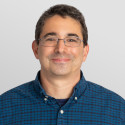 |
Nicholas Shulman Nick worked from 1995-2000 at Microsoft on the Microsoft Access team, leaving to join Westside Corporation with Brendan to create browser-based database design tools. After Westside was acquired by BEA Systems, Nick created a new graphical JSP designer for Weblogic Workshop, an award winning Integrated Development Environment for enterprise Java applications. At LabKey Corporation, Nick created the flow cytometry module and the graphical query designer. Since March, 2009 he has worked in the Maccoss lab on Skyline and Topograph, a quantitative analysis tool for protein turnover experiments. |
|
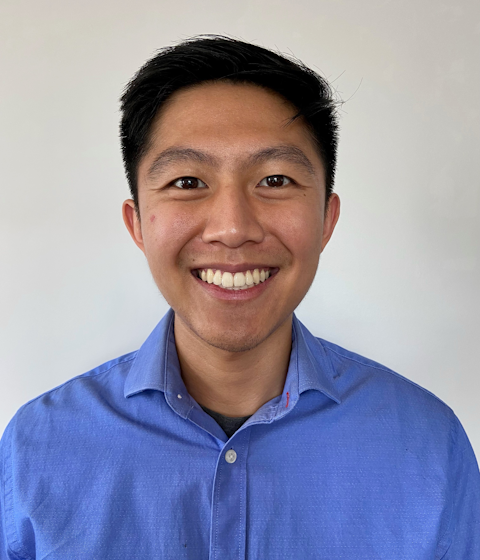 |
Tony Wu Tony is a former Amazon software engineer and current PhD student at Northeastern University’s Khoury College of Computer Sciences in Olga Vitek’s lab, focusing on computational methods for mass-spectrometry based proteomics. His goal during his PhD is to develop computational methods and open source software to speed up and reduce costs for large scale proteomics experiments, while maintaining the highest standards of reproducibility. Tony is also a developer for the open source R package MSstats, which performs differential abundance analysis for mass-spectrometry based proteomics experiments. |